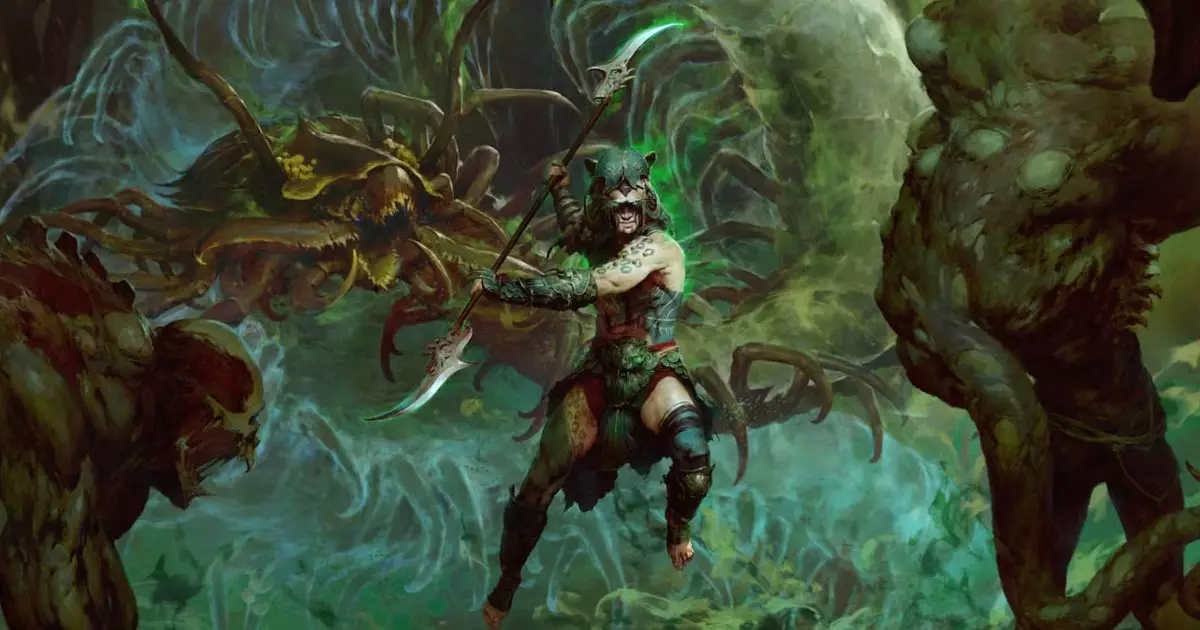The realm of video game genres can be perplexing, particularly when discussing Action RPGs, commonly abbreviated as ARPGs. This genre label often sparks heated debates among gaming enthusiasts, as various titles can lead to varying interpretations. For example, while games like Diablo 4 and Path of Exile are typically categorized as ARPGs, other titles such as The Legend of Zelda might also fit under this umbrella, despite possessing starkly different mechanics. The flexibility in genre classification raises questions about the very meaning of Action RPGs and what characteristics fundamentally define them.
Rod Fergusson’s Proposal: “Diablo-likes” and Its Implications
Rod Fergusson, the head of the Diablo series, proposed that similar games should be referred to as “Diablo-likes.” While this suggestion attempts to reduce confusion, it simultaneously opens a can of worms about the implications of regional ownership over a genre. This recommendation was met with mixed reactions, causing outcries in the vast online community, where debates often spiral out of control over trivial matters. Critics suggest that Fergusson’s terminology inadvertently elevates the Diablo series while relegating subsequent titles to mere imitations of a ‘franchise model’ that paradoxically brings with it a set standard of quality.
This desire for a more precise term could be seen as an attempt to interface the gaming community’s conversations into a more agreed-upon lexicon. The term “Diablo-like” might carry diluted implications, suggesting that any deviation from Diablo’s formula is somehow inferior, thereby undermining the achievements of games within the same genre that have introduced innovative features since its inception. The very nature of this classification contends with the essence of creativity and evolution within gaming.
Redefining Action RPGs: A Personal Perspective
Amidst the confusion brewing in gaming circles, it becomes essential to return to the heart of the matter. Whether a title boasts deep narrative elements characteristic of traditional RPGs, or employs frenetic gameplay typical of action games, is what ultimately defines the Action RPG label. In my view, any game that blends tangible action with role-playing elements merits being classified under the ARPG umbrella, regardless of its stylistic markers or narrative depth.
The distinction becomes even more convoluted when we consider franchises that blend these mechanics in ways that defy traditional classifications. For instance, while Diablo features demons and dark fantasy settings, its approach to combat, loot systems, and player customization are hallmarks of an ARPG. Conversely, if an action game incorporates leveling experiences or skill trees, it should also earn a place in this category. Thus, the debate about terminology is less a matter of agreeing on a perfect label, but more about recognizing the dynamic nature of how games evolve and how categories sometimes must bend in response.
At the crux of the ongoing discussions surrounding Action RPGs, it’s crucial to embrace the diversity of thought and interpretation inherent in gaming culture. The debates ignited by Fergusson’s comments serve to illuminate the fact that genres are fluid and shaped by societal interactions, technological advancements, and player experiences. Ultimately, while classification serves a functional purpose in communication, it should never stifle creativity or reduce the rich tapestry of gaming to a limited lexicon. Whether “Diablo-like” gains traction or fades into obscurity, the essential joy derived from playing these immersive games remains the focal point in the ever-evolving world of Action RPGs.

